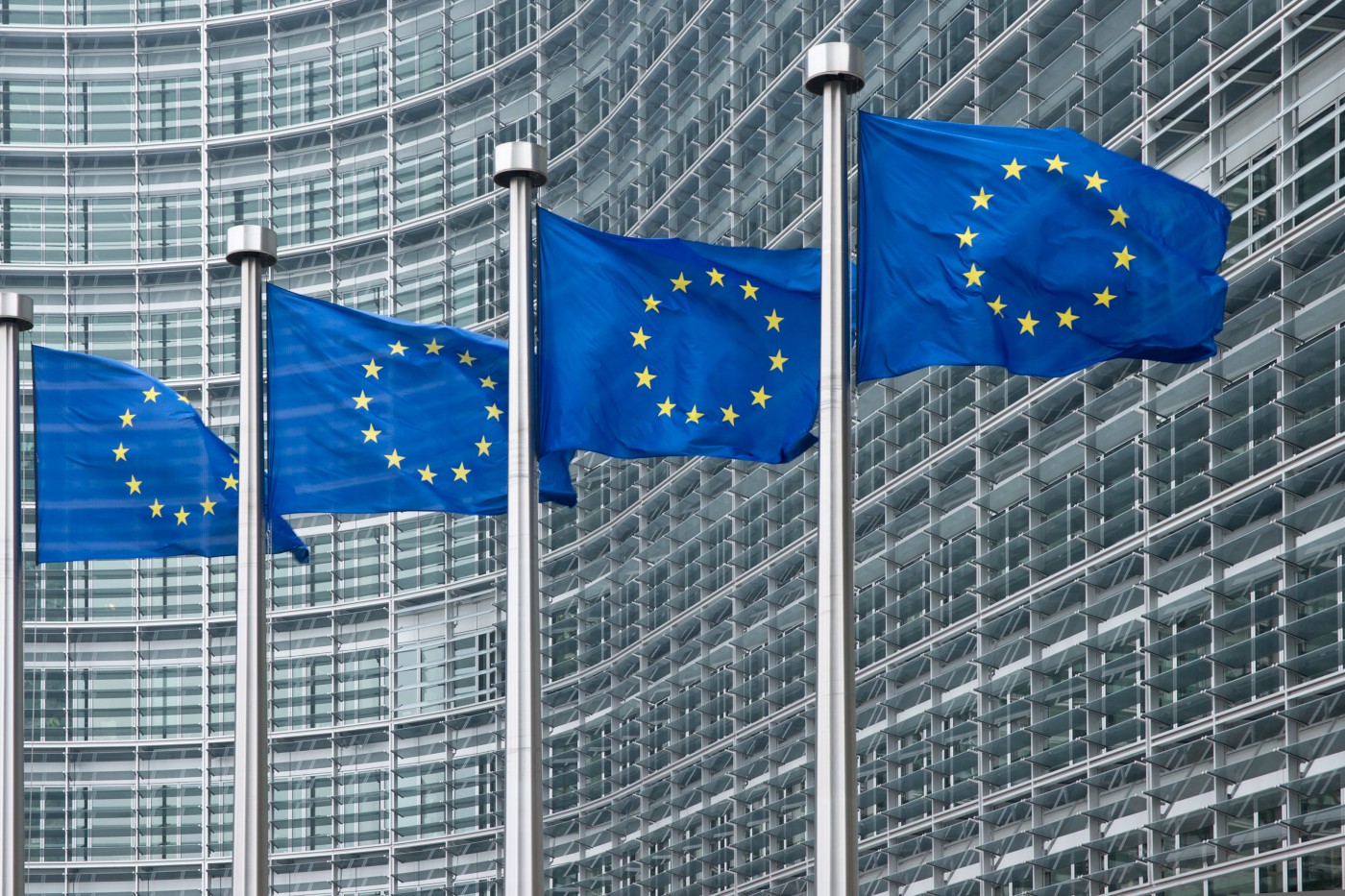BMS, AbbVie Announce EC Approval of Empliciti For Multiple Myeloma

Bristol-Myers Squibb (BMS) Company and AbbVie have announced that the European Commission (EC) has approved Empliciti™ (elotuzumab) for the treatment of multiple myeloma in combination with Revlimid™ (lenalidomide) and dexamethasone for patients hho received prior therapy at least once. The U.S. Food and Drug Administration had already approved the combination treatment.
Empliciti is the first immunostimulatory antibody approved for multiple myeloma in the European Union. The combination treatment was already approved for use in the United States.
The approval was grounded on long-term data from the Phase III ELOQUENT-2 clinical trial, which demonstrated that the combination treatment had a 53% relative improvement in progression-free survival (PFS) compared to enalidomide and dexamethasone (Rd) alone at three years (23% versus 15%).
“At Bristol-Myers Squibb, we are committed to delivering pioneering medicines with the goal of revolutionizing the way cancer is treated for patients who inspire our work each and every day,” said Emmanuel Blin, BMS’ Senior Vice-President and Head of Commercialization, Policy and Operations, in a May 11 press release.
Sarper Diler, President of Myeloma Patients Europe, said approval of the drug is excellent news for elapsed and refractory multiple myeloma patients.
“Multiple myeloma has had a difficult-to-treat history, and at Myeloma Patients Europe, we are committed to ensuring these patients living in any European country are able to access new, innovative medicines, like empliciti,” Diler said.
Phase III ELOQUENT-2 was a randomized, open-label study to evaluate empliciti in combination with lenalidomide and dexamethasone (ERd) versus Rd alone in patients who had received one to three prior therapies. The clinical study showed that ERd combined regimen led to a 32% reduction in the risk of disease progression or death when compared to Rd alone – as well as a 21% relative improvement in PFS rate at one year (68% versus 56%) and a 50% relative improvement in PFS rate at two years (39% versus 26%).
The co-primary endpoints of the study were PFS as assessed by hazard ratio (HR) and overall response rate (ORR) were both achieved. In addition, pre-specified interim analysis for overall survival (OS) found a positive trend that favored the combination treatment versus Rd alone – even though at the time the threshold for statistical significance had not yet been reached by OS endpoint. The ERd combination regimen showed a significant improvement in ORR of 78.5% versus 65.5% with Rd alone. Data was initially reported at the 57th American Society of Hematology Annual Meeting in December 2015.
According to the press release, the most frequent adverse reactions to ERd and Rd include diarrhea, pyrexia, fatigue, cough, nasopharyngitis, upper respiratory tract infection, lymphopenia, and headache.
Because multiple myeloma is largely incurable and often characterized by a cycle of remission and relapse, there is a critical need for new therapies that work in unique and innovative ways said the study investigator Dr. Antonio Palumbo, chief of the Myeloma Unit, Department of Oncology at the University of Torino, in Italy.
“In clinical trials, empliciti in combination with lenalidomide and dexamethasone delivered a significant benefit in progression-free survival,” Palumbo said. “(That) could make a meaningful difference in the lives of patients struggling with this serious disease.”





